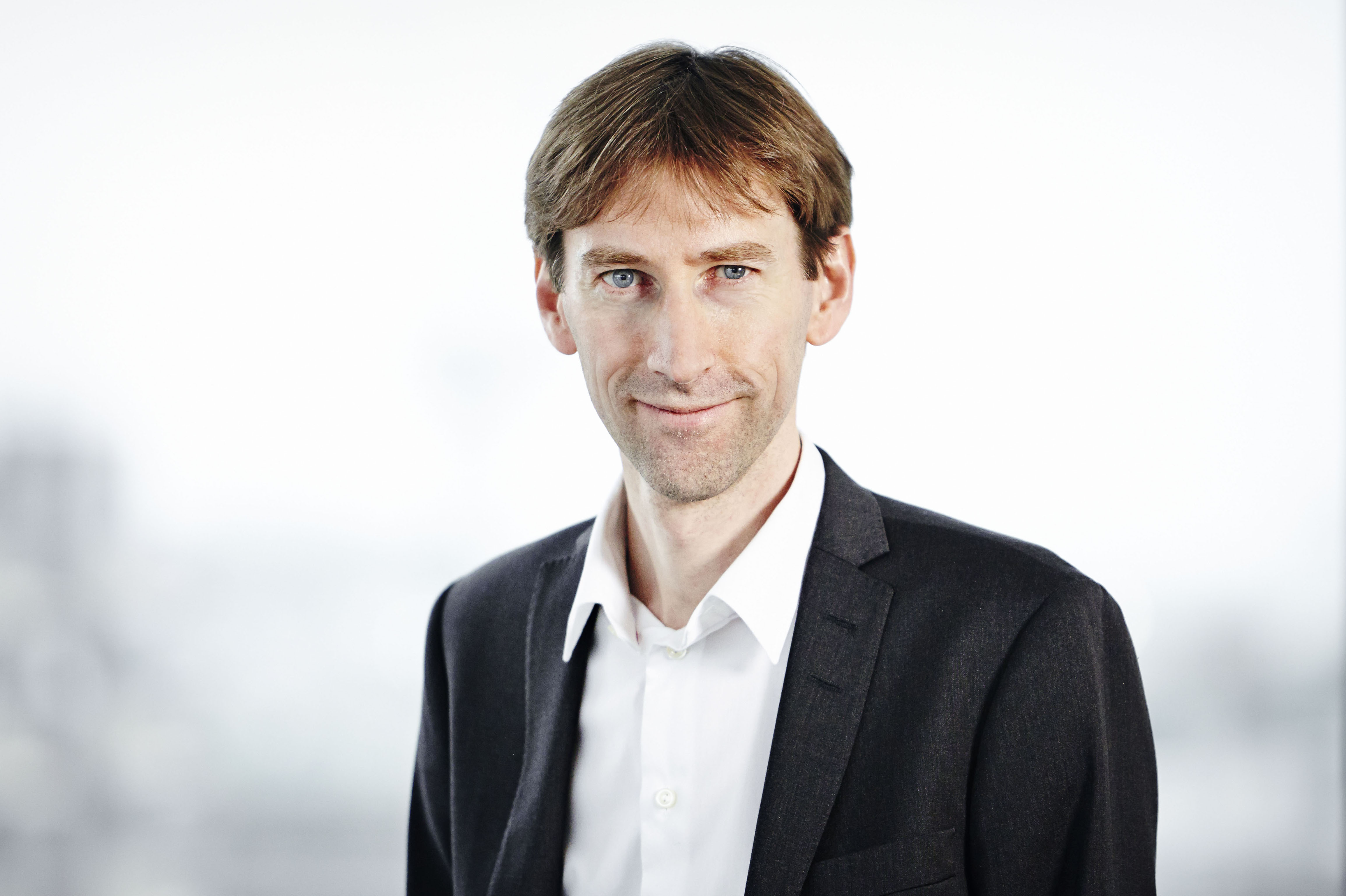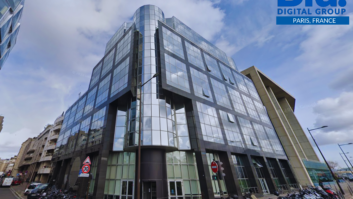
Digital UK chief executive Jonathan Thompson, along with other representatives from the broadcasting sector have called on the EU to protect the future of free-to-air TV.
At a meeting in Brussels last week, Digital UK and fellow members of the Wider Spectrum Group urged policy makers to secure airwaves used by Freeview and European terrestrial services ahead of major international decisions on spectrum allocation at the World Radiocommunication Conference next month.
Access to sufficient spectrum is critical to sustaining Europe’s creative and cultural industries, which taken at large account for around six per cent of the EU’s GDP (€860 billion) and approximately 14 million direct and indirect jobs, according to Digital UK. However, decisions at this year’s WRC could see remaining TV airwaves opened up to mobile networks.
The discussions were attended by Günther Oettinger, EU commissioner for digital economy and society, and Pascal Lamy, chairman of the High Level Group and author of a recent report on the future of the UHF band. Speaking at the event, Lamy noted that his recommendations, including safeguarding TV spectrum to 2030, now form the “backbone” of EU spectrum policy.
“Broadcasting remains a vital technology but is already using less and less spectrum to deliver more and more content for consumers – can the mobile sector say the same thing?” said Thompson. “There is also a big question as to which spectrum is best suited to new uses such as 5G, with all indications that the focus should be on higher frequencies.
“The Lamy report offers us a win-win scenario delivering both room for mobile broadband to grow and protection for DTT. It provides a sensible, pragmatic solution with the time for a further review of spectrum use is ten years’ time – let’s stop having the same endless debate.”
Freeview is the UK’s most popular TV platform, currently used in 75 per cent of homes.







